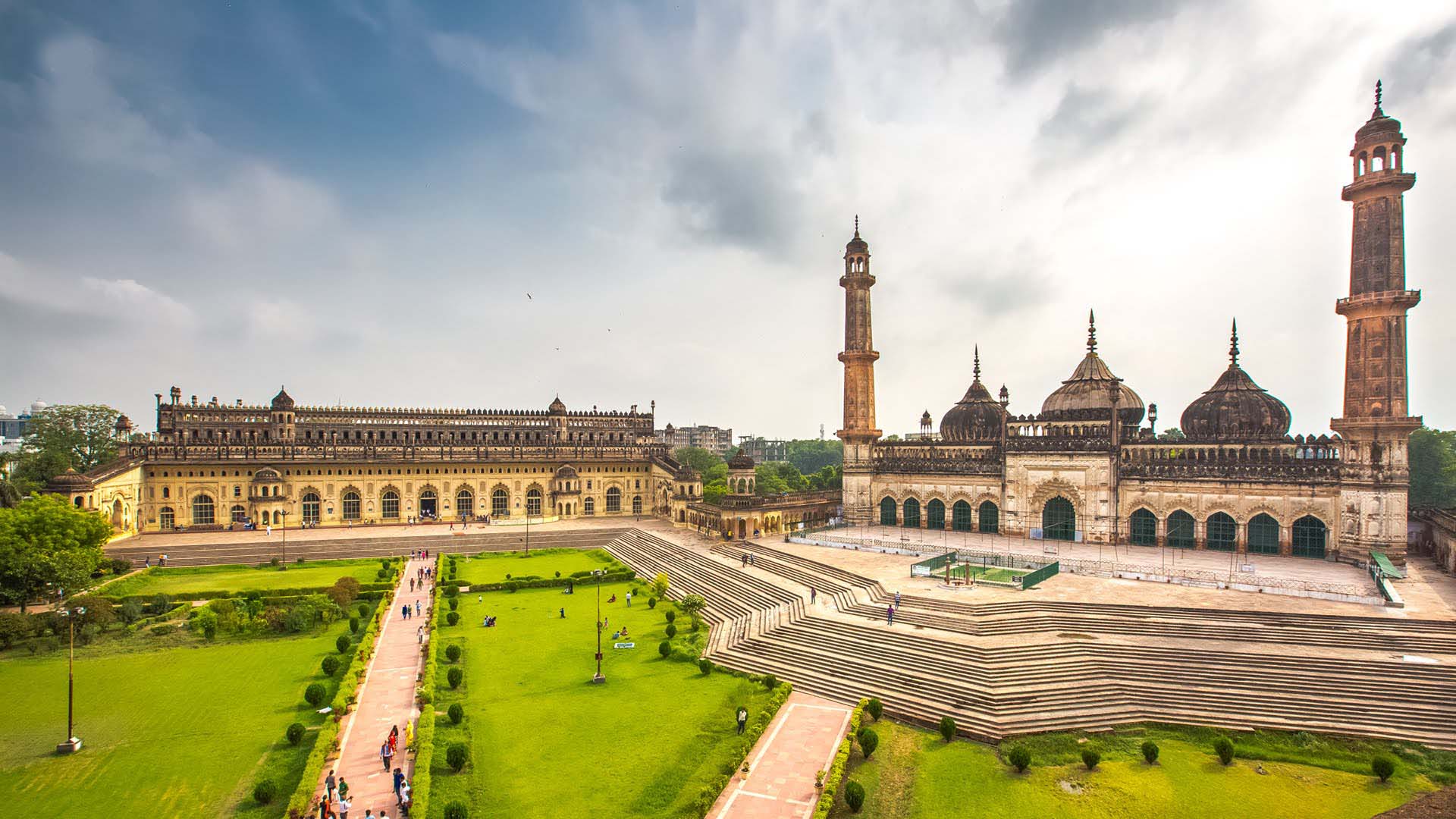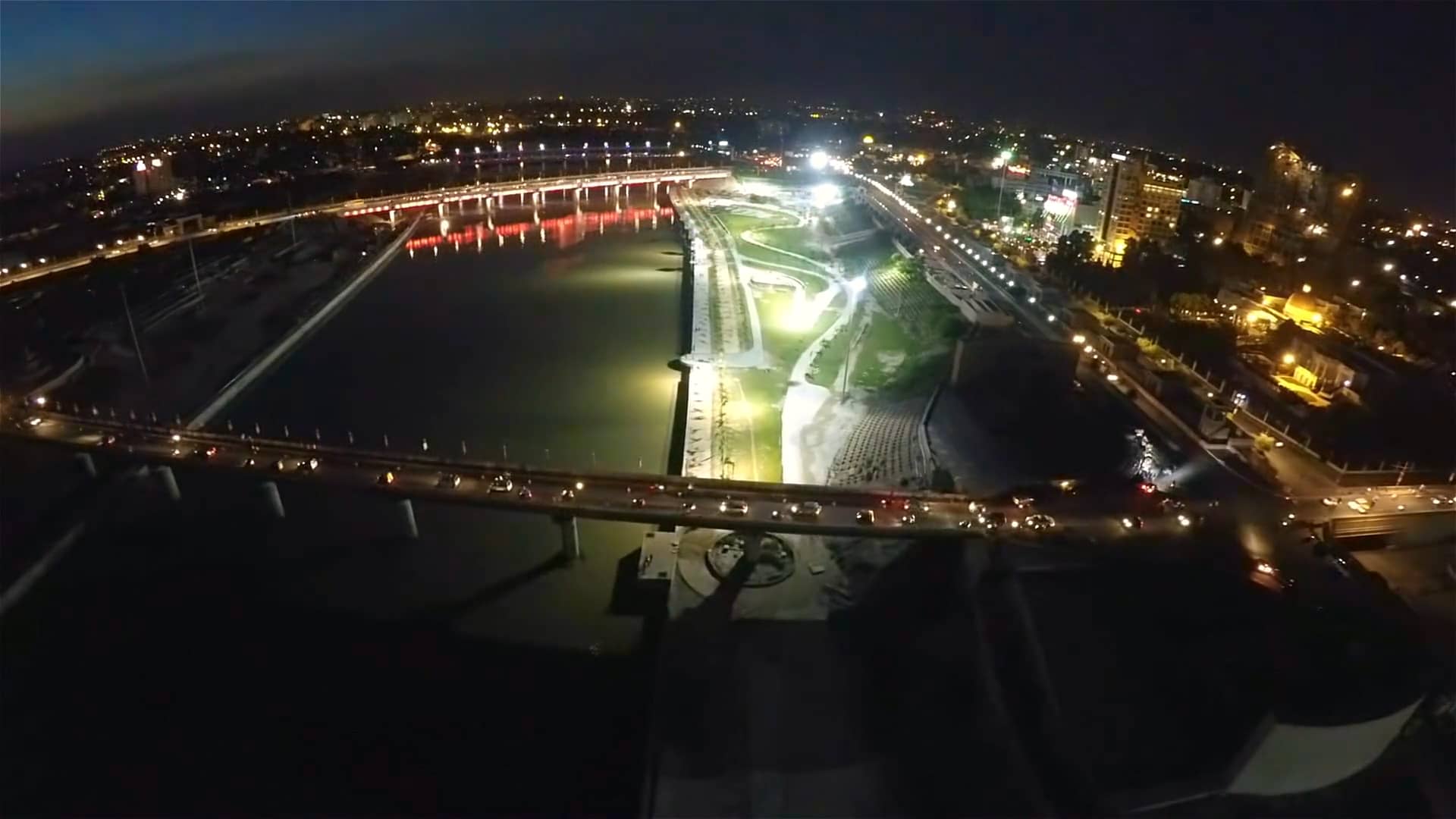Monthly Newsletter : Policy
While the frozen liquidity lines have checked the real estate boom, LIC Housing Finance is disbursing more loans to builders/developers who constitute 6 per cent of their business as against individuals which make up 94 per cent of their business.
We are supporting the builders and developers by funding their upcoming projects to support individuals to afford real estate properties. This will, in due course, result in escalating business in our home loan segment, said R.R. Nair, director and chief executive, LIC Housing Finance.
Ground reports suggest builders are now negotiating prices with buyers, although they still refuse to reduce property prices officially. LIC Housing aims to convince builders to bring down prices to a reasonable level by offering easy and hassle-free loans to builders (for new projects).
The idea behind the shift in focus is to encourage individual buyers to book properties. The intention is evident in the loan disbursement target set by the company for the current fiscal. The company plans to disburse Rs 8,000 crore in home loan segment and Rs 2,000 crore loan to builders by the end of the current fiscal, as against Rs 5,900 crore and Rs 1,200 crore respectively in the last fiscal 2007-08.
As of today, LIC Housing has disbursed Rs 5,000 crore, of which Rs 500-Rs 600 crore went to builders. Moreover, it has already approved Rs 6,000 crore loans for which disbursement is due. In the words of Mr. Nair, this strategy can be coined as loan on tap. When we give loans to builders, we also make soft approach to their buyers to take home loans from us. The builder himself shows the way, although it is not a compulsion for the buyers,he explained.
LIC Housing is funding builders in all projects sizes--big, medium and small. According to the sources, it has allocated funds to real estate projects of Rajeha Builders, Sheth Builders and is also in the process of loaning money to Sriram Builders. However, Mr. Nair refused to comment on these developments.
In disbursing loans in this distressed economic situation, LIC Housing is however taking certain precautionary measures. The company is now funding estate projects mostly in consortium with other financial institutions like HDFC, SBI, Punjab National Bank, Axis Bank, Central Bank. This strategy was framed to distribute the risk factor, especially in this downturn market. In a big project of Rs 2,000 crore, if all institutions contribute partly, the risk factor is mitigated on pro-rata basis, Mr. Nair said.
The company also ensures that the asset value of the securities given by the borrower as collateral is twice the loan value. Thirdly, it meticulously examines the cash flow of the builders in respect of the current depression. LIC Housing also studies the neighbourhood to determine the rationale for pricing a property.
In order to ensure more liquidity for the real estate sector, RBI has allowed the registered housing finance companies to raise short-term funds from overseas markets.
After pumping in around Rs 2.80 lakh crore liquidity into the banking system, the Reserve Bank on Saturday announced a slew of measures to give a boost to the real estate sector, in addition to taking steps to arrest decline in forex reserves.
In order to ensure more liquidity for the real estate sector, RBI allowed the registered housing finance companies to raise short-term funds from overseas markets.
"It has been decided to allow, as a temporary measure, housing finance companies registered with the National Housing Bank to raise short-term foreign currency borrowing under the approval route", a release by RBI said.
The decision will also help the country shore up its declining forex reserves, which according to the latest data, has slipped to about USD 250 billion from a high of USD 314 billion in April-May.
In addition, the RBI also permitted Indian banks to offer better interest rates for foreign currency deposits by the non-residents.
Henceforth, the banks can offer rates up to 100 basis points over London Interbank Offered Rate (LIBOR) under Foreign Currency Non-Resident (Banks) scheme and 175 basis over LIBOR on Non-Resident (External) Rupee Accounts deposits.
These changes will encourage the banks to make the non-resident deposit schemes more attractive by raising interest rates.
Since October RBI has announced various measures, including cutting the mandatory deposits that banks keep with RBI by 350 basis points, unlocking nearly Rs 2.80 lakh crore bank funds.
Ashish Gupta informed that a Non resident Indian and Person of Indian origin can purchase, lend, transfer or resell the residential property in India, as well as take the rental income and their investments in the property out of the country following the foreign exchange regulations. This provision made it easy for NRIs to invest in India.
However, there are restrictions in obtaining property for a PIO who is a citizen of Pakistan, China or Bangladesh. In addition, the NRIs and PIO have no permission to buy agricultural land, plantation property and a farm house.
An NRI/PIO has the authorization to use his personal funds to purchase an immovable property. He can also opt for a housing loan from a bank. Own funds are money received in India through an inward payment from overseas out of income produced overseas, personal savings outside India, and funds held in non-resident external (NRE), non-resident ordinary (NRO), or a foreign currency - non-resident (FCNR) bank account.
Besides own funds, he can apply for a housing loan from a bank. The authorized banks have permission to proffer housing loans to NRIs and PIOs to purchase property in India. However, certain conditions apply here. The required amount of loan, margin money and the period of refund are proportional to the housing loans granted to residents in India.
The loan amount cannot be accredited to the NRE/FCNR account of the NRIs/PIOs. It should be secured enough through an evenhanded mortgage of the property which they want to acquire.
The bank may also have a hold on the other properties of the buyer in India if required. In addition, the NRI/PIO should pay the installments of the loan, interest and other charges through remittances from outside India by normal banking channels or out of funds in his NRE/FCNR/NRO account in India. They can also repay the loan and interest out of the rental income of the property bought. They do not need any approval from RBI to transfer the property to anybody be it a resident of India or another NRI/PIO. If the property is let out, the rental income can be accredited into the NRO/NRE account. On condition of sale, they can dispatch the sale proceeds of up to two properties outside India without seeking approval from RBI. Transfer of funds for third and subsequent properties needs an RBI approval.
The mode of acquisition determines the payment of the sales proceeds. An NRI can purchase a property out of rupee funds before leaving India or after leaving India on the condition that he pays from his saving bank account here in India.
The proceeds can be refurbished if the amount does not go over either the amount paid for buying the property in foreign exchange received from overseas, the amount paid from the FCNR account, or the foreign currency equivalent of the amount paid from the funds held in an NRE account.
The remittance depends on the holding period of the property on condition that the property is purchased from rupee funds held in India. In case the property is detained for more than 10 years, up to one million USD per calendar year can be sent back without taking any RBI approval.
If the property is traded after keeping in custody for less than 10 years, payments can be made if the sale proceeds were held for the balance period in an NRO account or other eligible investments. There is no lock-in period for remittance of sale proceeds of assets acquired through inheritance or settlement. In all the remaining cases, specific approval of the RBI is required.
At places a specific approval of the RBI is not required ,you need an appropriate certificate from a chartered accountant, certifying that you have paid all applicable taxes in case you wish to remit the sale proceeds of the property along with the rental income outside India through normal banking channels.
Strengthening private sector participation in urban affordable housing could help achieve the "housing for all by 2022" vision Central and several states governments in the past have undertaken steps to mitigate the urban housing deficit, largely in partnership with the private sector. These efforts have yielded notable results, which is evident from few case studies presented in the annexure of this report. While, the efforts governments (both central and state) have taken in past are commendable, they need to be accelerated to eliminate housing deficit in the country. With the current set of housing development policies in place and assuming an annual growth in investments by about five to six per cent in the housing sector (as witnessed since FY08), the required investments may fall short by about USD500 to 600 billion. This gap in funding would likely be restricted due to several structural issues in the sector such as high gestation period of housing projects, limited and expensive liquidity, spiralling land and construction cost, high fees and taxes, unfavourable development norms, and affordability vis-à-vis housing prices for EWS/LIG households. Mobilisation of such huge resources (funding, construction capacity, labour, technology, etc.) for mass scale affordable housing development by the central and state governments may be difficult, without participation from the private sector. The private sector, which is often better in term of managing construction risks and project delivery, should be encouraged by central and state governments, by addressing several structural issues (listed in next section).
 MORE
MOREMonthly Newsletter : Project
TDI Infrastructure Limited (TDIL) has announced the launch of two new projects recently. One is ‘Kingsbury Terraces’ which is a high-end lifestyle, and the other is ‘Urban Farms’ which is the affordable luxury lifestyle. The ‘Urban Farms’ is available in price range of Rs 2.75 crore onwards with limited edition villas that can be chosen by the customers. The ‘Kingsbury Terraces’ involve luxurious apartment setting ranging from 70 lakh. These projects are situated on the main sector road, NH1, Kundli. They will bring a great change in the life-style of people belonging to north and west Delhi.TDI offers deluxe apartments through its luxury project named ‘Urban Farms’. They are available in options of 1,600, 2,700, 3,800, 5,000 and 7,000 sq. ft. On the other hand, the Kingsbury Terraces are lovely high rise apartments. They include a set of towers having 66 apartments in total.
Business Standard
A Bangalore-based reality developer named Golden Gate Properties Limited, instigated Commune – a Rs 500-crore self-contained residential township project – in Hyderabad. The company had launched its first Commune project in Bangalore in August 2008.
Coming up on 30 acres near Tellapur in close proximity to Techno city, the project comprised 3,500 apartments with two-bedroom, three-bedroom and duplex options. The price ranged from Rs 19.9 lakh for a living space of 960 sqft.
Mr.K Pratap, the managing director of Golden Gate Properties, had informed media persons in November ‘2008 that construction work on that project, to be developed in phases, would commence from January 2009 and the first phase comprising 1,000 apartments would be completed in 15 months from then. The entire project was expected to be ready in the next 48 months.
He also told that The Deutsche Bank group and City Bank had invested $170 million in the company, which was sufficient to complete the project. However, Golden Gate would consider different options which included depriving its equity further or floating a new company to fund its future business enterprises.
The 11-year- old company, having completed 11 projects, which comprised of nine residential and two commercial with a total build up area of 1.7 million square feet in Bangalore and Hyderabad, is spreading its horizons in other cities too.
It has a land bank of 300 acres in Bangalore, 100 acres in Hyderabad, and 50 acres in Mangalore as well as in Mysore.
Keeping in mind the wealthy non-resident Gujaratis and extravagant professional settled in Ahmadabad, a residential project is about to flourish in the heart of the city.
The project Sun Divine-2 was offering apartments which were situated in one of the premium residential zones. These apartments were the finest in luxury and were at a shouting distance from the city’s entertainment and shopping nucleus.
The 40 units of 4BHK hi-end luxury apartments, which were built in two blocks, were ready to be occupied by December 2009. City-based developers Sun Builders had charged each unit at Rs 60 lakh. These apartments, located behind the famous Star Bazaar building, were earthquake resistant in addition to inbuilt security systems like closed-circuit cameras and intercoms.
NK Patel, the managing director of the firm told that a 3BHK house was best matched for Ahmadabad residents keeping the traditional family sizes in mind. However, this project had been specially designed taking into account the people’s tendency to have working studios at home. There was a 250 square feet of space which was reserved inside each unit. It could be used as working space for those who wished to. This space with a separate entrance could also be leased out to paying guests, including visiting NRGs and IT professionals.
He further added that the property was being built on a premium plot of land which was acquired by the builder in 1993. Before the official launch of the project, four of its units were already booked. They planned to dispatch the apartments within a year from the date of the announcement. The parking lot of the five-storied structure offered to have space for 2-3 cars including the basement parking for each of the resident.
Each unit of the project had an average size of 2,200 square feet. There was a facility of a servant quarter and a garbage crusher in each apartment.
The project was endowed with all kinds of necessary recreational facilities like clubhouse that included a gymnasium, playing area for children, delightfully landscaped garden, beautiful fountains and a belvedere for senior citizens.
Some other special features like uninterrupted power supply, vitrified flooring, a decorative as well as laminated entrance door, passages well wrought with beautiful designer lights, internal wiring for TV cable, and internet broadband etc. made this project a huge success. Through this project, the NRGs and high-salaried professionals who were searching for luxurious spaces were specially targeted.
 MORE
MORE














 Download From Here
Download From Here